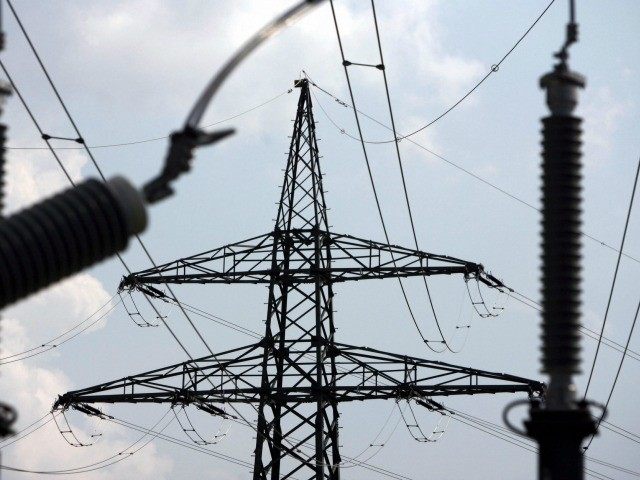(AP) NICOSIA, Cyprus — A Cypriot official said work on an electric cable linking the power grids of Israel, Cyprus and Greece is on track to start in the first quarter of 2018 after Greek and Cypriot regulators approved the project.
Nasos Ktorides, who heads the EuroAsia Interconnector project, said Monday that Israeli regulators are expected to give their approval next month.
The 1,520-kilometer (945-mile) undersea electric cable with a 2,000-megawatt capacity will be able to both receive and transmit electricity.
Work on the cable is expected to last until 2022 and its first phase will have an estimated cost of around 3.5 billion euros ($4.13 billion).
The project emerged amid improved relations between the three counties, coupled with the discovery of gas deposits in the east Mediterranean that could be used to generate electricity.
In June, in Thessaloniki, Greece, Prime Minister Benjamin Netanyahu promoted his plans for an ambitious undersea natural gas pipeline project, in a bid by his country to become a key European energy supplier.
Israel is hoping to export much of its newly discovered natural gas to Europe by a proposed 2,200-kilometer (1,350-mile) undersea pipeline to Cyprus and Greece.
“It’s something we’re very excited about,” said Netanyahu at the time, during a meeting in Greece with the Greek and Cypriot leaders.
“Of course, the idea of the East Med pipeline would be a revolution. We’ve had preliminary studies of it. It seems promising and we’re going to look further.”
Netanyahu’s meeting in June with Greek Prime Minister Alexis Tsipras and Cypriot President Nicos Anastasiades came after the three countries signed a joint declaration in Tel Aviv in April to promote construction of the pipeline.
Once frosty, Israel’s ties with Greece and Cyprus have markedly improved in recent years, coinciding with a spat between Israel and regional rival Turkey.
The three countries now hold frequent joint military and civil protection exercises, including a planned joint air force drill that will include Cyprus, Israel, Egypt and other European countries as part of efforts to bolster stability in the eastern Mediterranean.

COMMENTS
Please let us know if you're having issues with commenting.